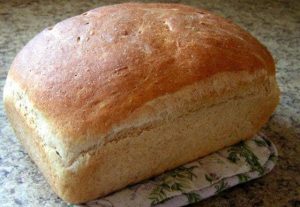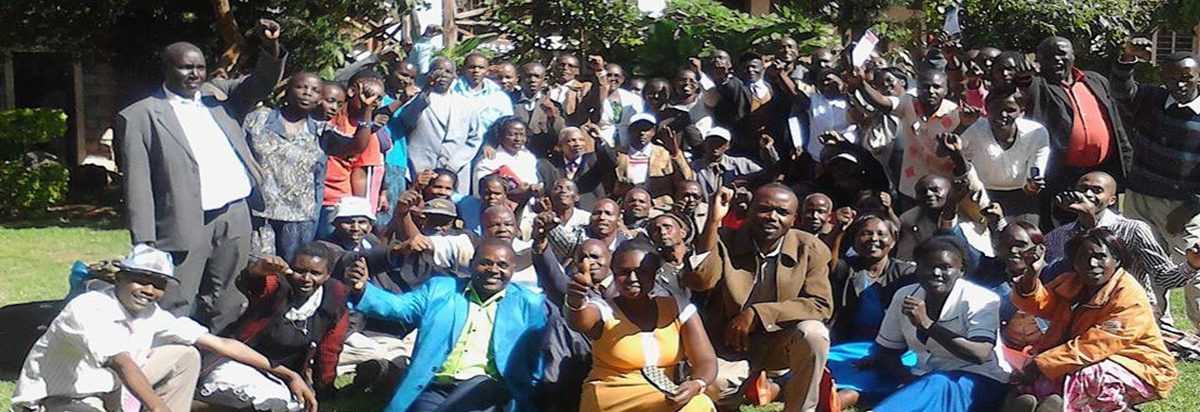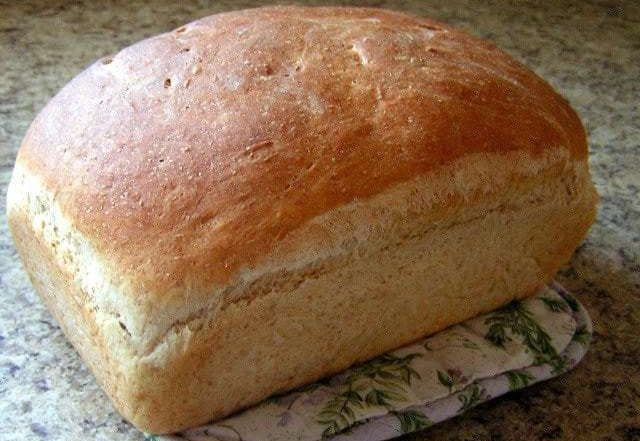
(Corpus Christi)
Dear brothers and sisters in Christ, today we contemplate on the sacrament of Eucharist that is full of unfathomable richness. This richness is expressed by various names given to this sacrament namely, Eucharist, the holy sacrament of the altar, the heavenly banquet, the holy mass, the lord’s supper, the breaking of bread, the memorial of the passion ,death and resurrection of the Lord, the holy and divine liturgy, the holy communion and the sacred mysteries. Our reverence to this sacrament of Christ himself brings an experience of redemption. Our reverence is that of remembrance.
In the first reading Melchizedek brought bread and wine as the offering to God.
St. Paul reminds us that the cup of blessing which we bless is the participation in the blood of Christ and the bread we break is the participation in the body of Christ. He again reminds us of the great deed of Jesus Christ that we ought to remember and live and our remembrance of this deed and doing it; living it makes us proclaimers of the Lord’s death and resurrection.
Jesus gives bread to satisfy the hunger of the people. He does this through a sign of multiplying the five loaves and two fish. When I go into a restaurant, I am offered a menu. I don’t eat the menu but it points to the food I want to eat. Like signs, for instance of a menu, miracles point to something beyond themselves, they point to Jesus himself. He is the bread of life. When Jesus calls himself the bread of life he is talking something more than simply satisfying physical hunger. Then what else is he talking about? What other hunger?
We hunger for happiness and true happiness: the fulfillment of desire. Our desire can be transitory (comes and go but keep coming), Ego (seeking status, popularity or approval. If this doesn’t happen we feel sad), Empathic desire looks beyond our personal needs to those of others. The last kind of desire is transcendental/Spiritual that seeks God.
Jesus by referring to himself as BREAD OF LIFE in the gospels and by this sign/miracle, he is seeking the last two kinds of desires and above all encouraging us to seek the Transcendental/Spiritual desire. St Augustine is an example of a person who sort all other kinds of desires but his life was filled with emptiness and loneliness. Indeed, he writes in his book 4 of confessions how he hungered for God whom he didn’t know was within himself but was seeking him in other things. This hunger/desire is what Jesus satisfies by the BREAD OF LIFE.
In the bread of life, Christ subsists with the hidden treasures of eternal life. Abundant fruits to the believer who receives him namely, increment of our union with Christ and his church, preservation and renewal of the life of grace at baptism and confirmation, growth in love for our neighbor are received. Eucharist, the bread of life also strengthens our charity, wipes away our venial sins and preserves us from mortal sin in the future.
The person who participates in the Eucharist becomes another Christ and is sent by the father to share his life with others. We participate in the life of Christ to be transformed by him and then in turn to transform our society.
Joy and Peace








